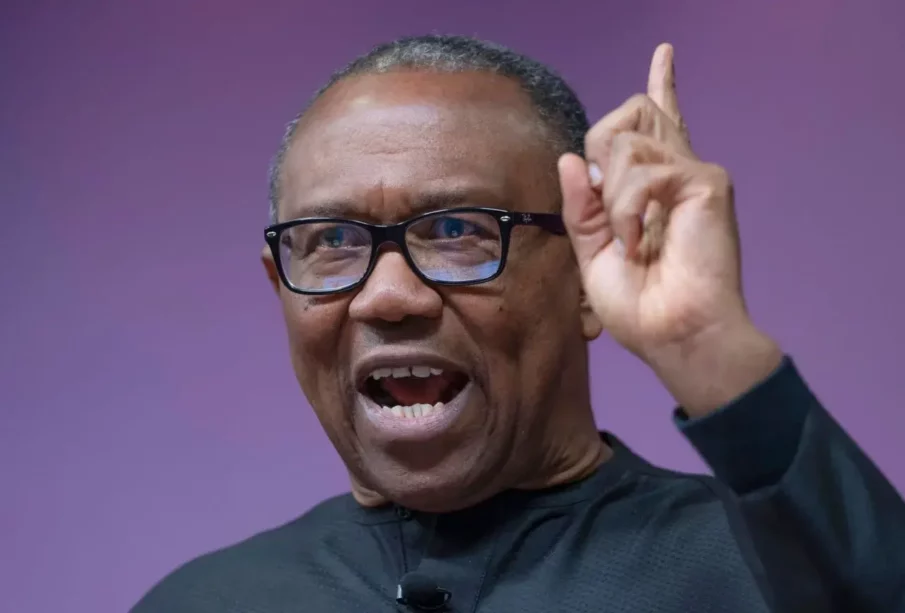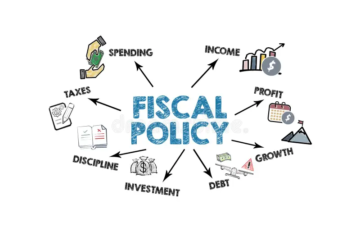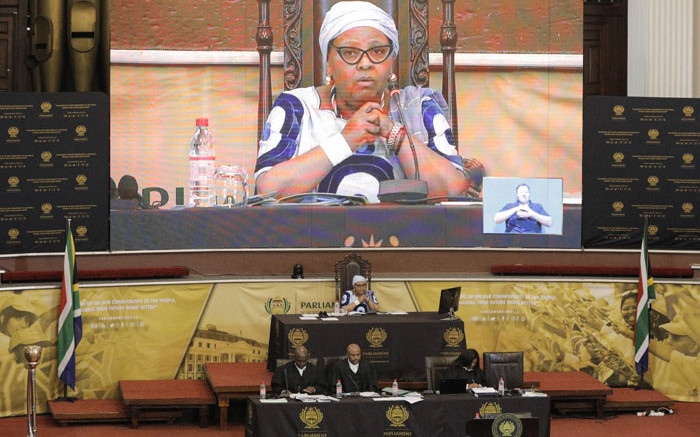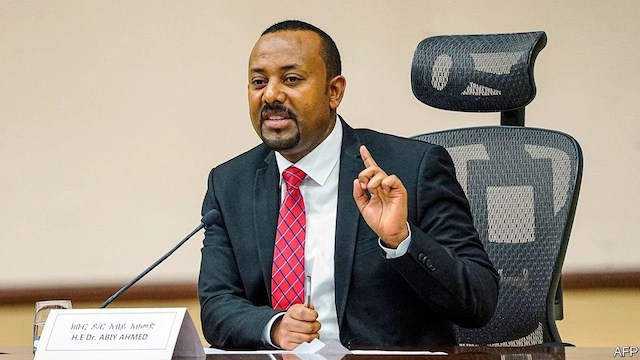
In the wake of recent reports splashed across various media platforms indicating a projected 114% salary increase for the President, the Vice President, judicial personnel, and others, there has been a swell of controversy and criticism. The primary instigator of this potential salary increase is the Revenue Mobilisation, Allocation and Fiscal Commission (RMAFC), which proposed the hefty increment for public office holders and elected officials throughout the country.
Peter Obi, the Labour Party’s presidential candidate in the recently concluded election, has been particularly vocal about his discontent with the proposal. Obi has roundly criticized both the RMAFC and politicians, including President Bola Tinubu and his Vice President, for greenlighting this unprecedented salary increment.
Expressing his disappointment via a series of tweets on Thursday, Obi berated the proposed 114% salary increase as insensitive, given the current precarious economic situation and the mounting hardships facing the ordinary citizen. He labeled the proposal as a deed in poor taste and urged leaders to focus on reducing the cost of governance and relieving the suffering of the populace.
Obi was quoted as saying, “I am deeply concerned about the approval of a 114% salary increase for elected politicians, including the President, Vice, governors, lawmakers, judicial workers, and public office holders by the RMAFC. This is a thoroughly inappropriate time for such a salary increase, especially considering the harsh economic realities experienced by an average Nigerian and the fact that over 130 million Nigerians are currently living below the poverty line.
“At a time when the government’s recent reform measures have caused a spike in living costs, it is expected that our leaders and public officeholders should prioritize cutting governance costs and alleviating the hardships of the citizens. Our current situation calls for innovative solutions aimed at lifting the majority out of poverty.
“As the great William Shakespeare once penned in Julius Caesar, ‘What touches us ourselves shall be last served.’ Our leaders should, therefore, prioritize what affects the masses and those on the lower strata of society over their personal interests.”
Additionally, Ezeh Onyekpere, the Lead Director of the Centre for Social Justice (CENSOJ), expressed his perspective on the proposed salary increase. He described it as irrational, illogical, and contrary to common sense. He specifically pointed out that at a time when President Bola Ahmed Tinubu has been urging Nigerians to make sacrifices for the national interest, the expectation would have been that such sacrifices from ordinary Nigerians would be matched by a greater sacrifice from the leadership class.
Frank Tietie, a social and economic rights advocate, also weighed in on the discussion. He opined that President Bola Tinubu should have declared long ago that he would not be receiving a salary, a move that, according to Tietie, could help to revive the national spirit and rebuild the system.
In conclusion, while the proposed 114% salary increase for public servants continues to generate heated debates across various platforms, the question remains whether such an increase is justifiable given the current economic climate and the prevalent hardships faced by ordinary citizens. With over 130 million Nigerians living in poverty, perhaps it is time for the leadership class to reassess its priorities and focus more on the welfare of the citizens rather than their own remuneration.


















